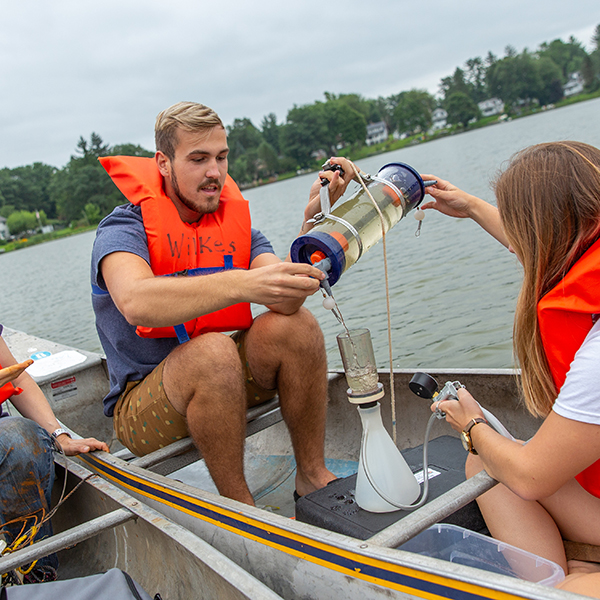Solving critical environmental problems today.
The world needs trained engineers to address today's critical environmental issues and meet the needs of nationwide infrastructure upgrades. In the Civil and Environmental Engineering Department, our hands-on approach to learning gives you a strong foundation in design principles, extensive laboratory and field work and experience with design problems that consider sustainable approaches and resilient design.
Majors & Programs




students per class on average
faculty are registered Professional Engineers
laboratory experiences linked to major classes
Our Mission
It is the mission of the Civil and Environmental Engineering Department to provide the knowledge and skills for civil and environmental engineering graduates that gives them a sound basis for professional practice and for life-long learning. This emphasizes the student’s learning of fundamental principles of environmental, geotechnical, structural, and water resources & hydraulics engineering, understanding environmental resource problems in their technical, ecological, socio-political, economic, and ethical context, and proficiency in the use of engineering methods to analyze and solve challenging engineering problems.





